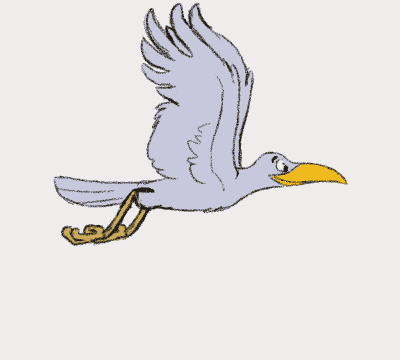About Birdlife
Testimonial
Birding Sites
Gujarat
Other Places
Do's & Don'ts
“Everyone who enjoys birds and birding must always respect wildlife, its environment, and the rights of others. In any conflict of interest between birds and birders, the welfare of the birds and their environment comes first” - ABA
Birds are wild creatures who have to constantly struggle for survival in a world being polluted and cramped by humans. The least bird lovers can do is not to make things worse for them by their actions. So, whether your interest in birds is photography, sound-recording or birding, remember that the interests of the subject must always come first.
The following are some do's and don'ts for birdwatching in India. They have been developed based on the American Birding Association's (ABA) Code of Birding Ethics and inputs from MNS-Bird Conservation Council and in Gujarat members of
Bird Conservators Society of Gujarat including wise bird watchers of India are follow code of birding ethics.
CODE OF BIRDING ETHICS
♫ Support the protection of important bird habitats.
♫ Avoid stressing birds or exposing them to danger, exercise restraint and caution during observation, photography, sound recording, or filming.
♫ Avoid chasing, repeatedly flushing, excessive use of squeakers and "pishing" .
♫ Avoid the use of recordings and other methods of attracting birds, and never use such methods in heavily birded areas, or for attracting any species that is Threatened, Endangered, or of Special Concern, or is rare in your local area.
♫ Repeatedly playing a recording of bird song or calls to encourage a bird to respond can divert a territorial bird from other important duties, such as feeding its young. Never use playback to attract a species during its breeding season.
♫ Do not ever use recordings to attract birds in Protected Areas.
♫ Keep well away from nests and nesting colonies, roosts, display areas, and important feeding sites to avoid disturbance and exposure to predators.
♫ Do not photograph nesting birds as this encourages poor ethics and draws attention of predators to nests.
♫ Use artificial light sparingly for filming or photography, especially for close-ups.
♫ Stay on roads, trails, and paths where they exist; otherwise keep habitat disturbance to a minimum.
PLEASE FOLLOW THIS CODE, DISTRIBUTE AND TEACH IT TO OTHERS
